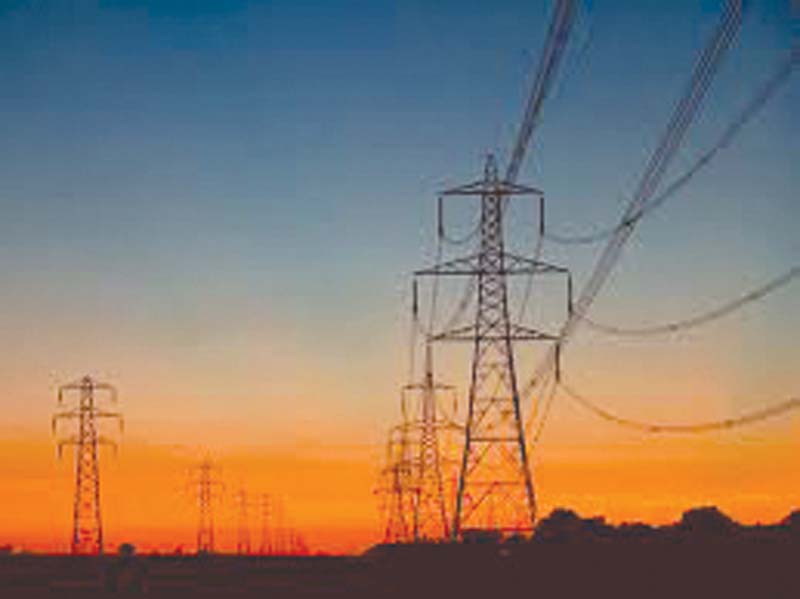
The issue of unpaid bills of K-Electric was taken up in a high-level meeting on August 12, say officials familiar with the development.
The chief executive officer of K-Electric told meeting participants that the Karachi Water and Sewerage Board (KWSB), being a strategic customer under the implementation agreement, had failed to meet its obligations and could not clear electricity dues.
Despite facing the revenue shortfall, he said, the power utility was still ensuring regular payments to its fuel providers including Sui Southern Gas Company.
At present, KWSB owes Rs700 million and is not paying a single penny. Under Article 2.5 of the implementation agreement, the Government of Pakistan was liable to bear the responsibility of paying energy dues of strategic customers in case of default, he said.
Officials of the Ministry of Water and Power responded that as far as K-Electric’s receivables were concerned, KWSB being the electricity customer had the primary responsibility to make payments on time. However, gaps, if any, should be bridged by the Sindh government as the matter was a provincial subject.
Secretary of the Sindh Energy Department, however, countered that since the province was neither a signatory nor a guarantor of the agreement executed between K-Electric and the federal government, it was not legally bound to pay on behalf of KWSB, which was declared by the federal government as a strategic partner.
The additional finance secretary told the meeting that after implementation of the seventh National Finance Commission (NFC) Award - in which the share of provinces was increased in the divisible pool of taxes - the federal government did not have fiscal space to pick liabilities of the provincial government.
The implementation agreement did not absolve KWSB of its obligation to clear the electricity dues, he said.
Article 11 of the agreement only provides assurance to the electricity company that in case of default by a strategic customer, the federal government will discharge the obligations. However, the assurance was linked with the accuracy of billing, he said.
The additional secretary recalled that the Government of Pakistan and K-Electric reached the implementation agreement in 2005 at the time of the latter’s privatisation.
He said the agreement, which carried a list of consumers described as strategic, provided that in view of security considerations, these customers must be supplied electricity at all times without interruption.
It also made it clear that the primary obligation of paying electricity charges rested with the strategic customer.
Published in The Express Tribune, August 25th, 2015.
Like Business on Facebook, follow @TribuneBiz on Twitter to stay informed and join in the conversation.

















COMMENTS (2)
Comments are moderated and generally will be posted if they are on-topic and not abusive.
For more information, please see our Comments FAQ